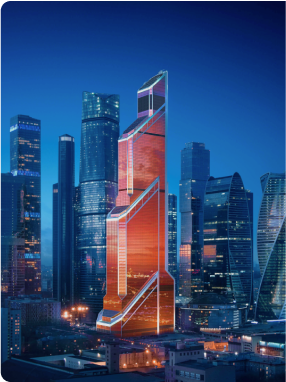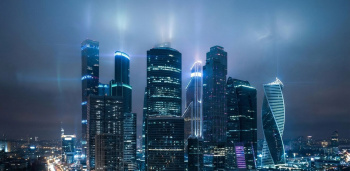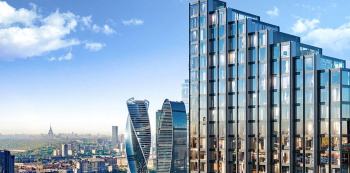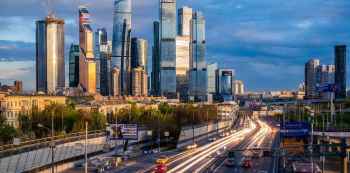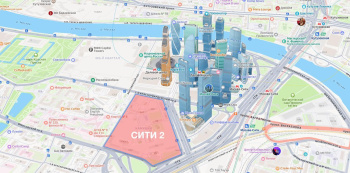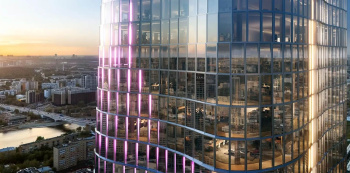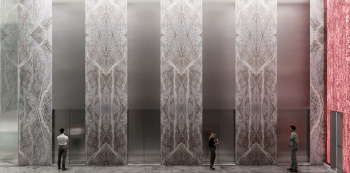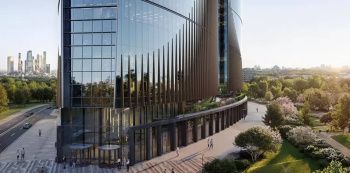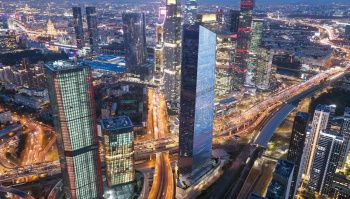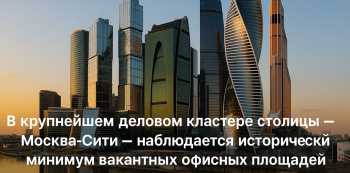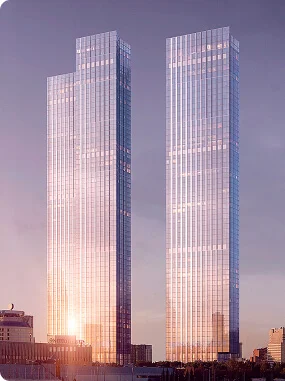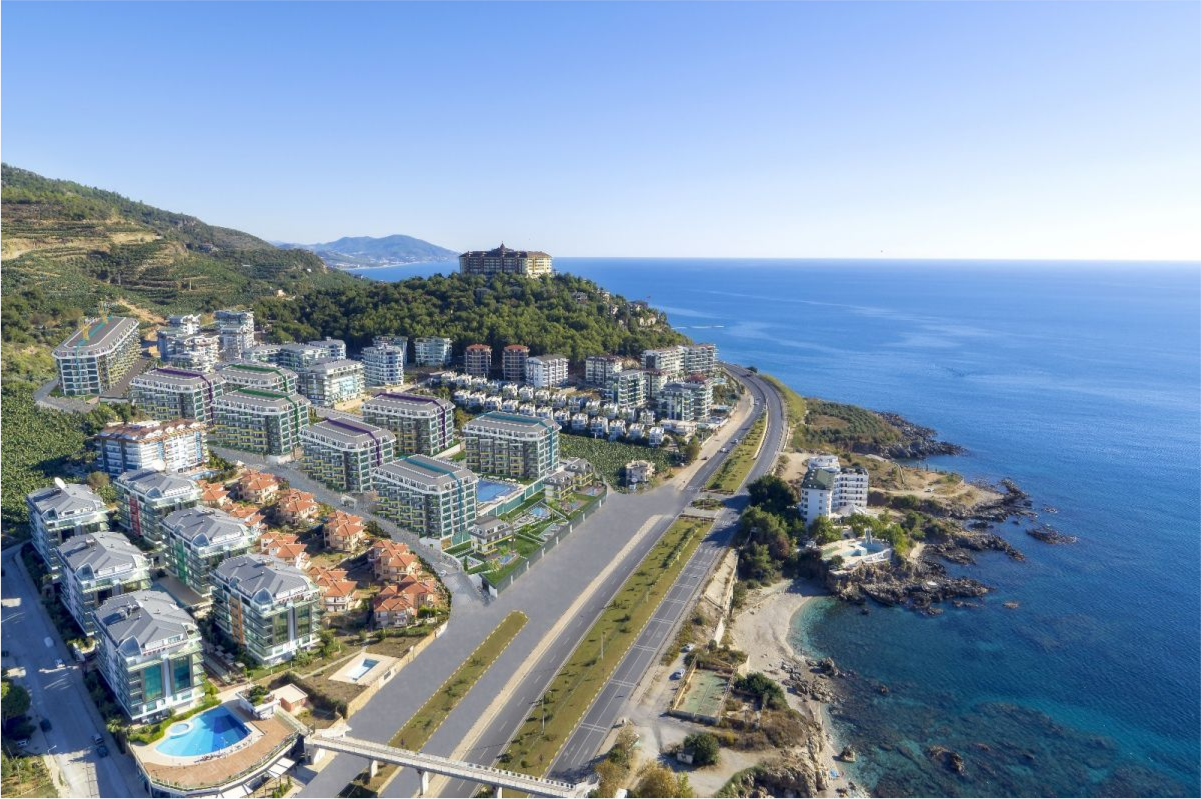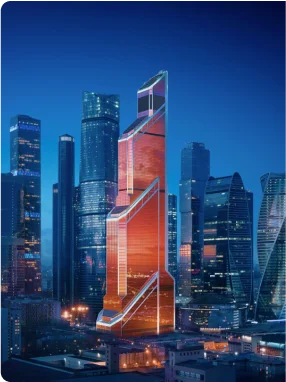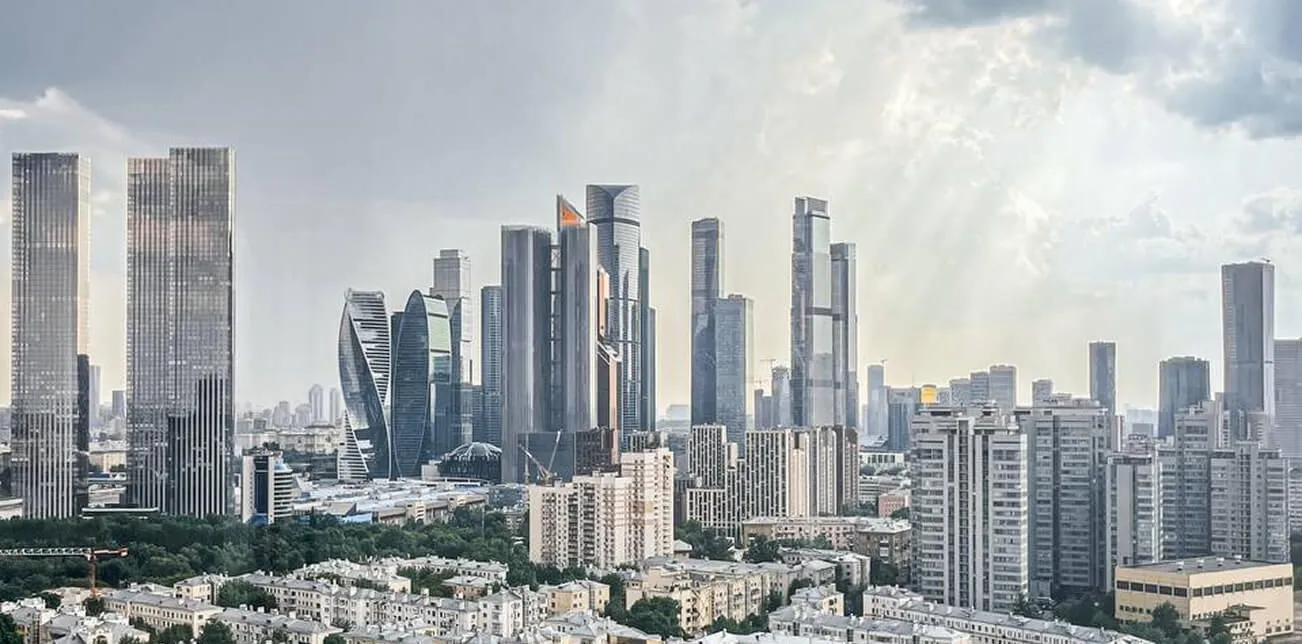
By 2030-2031, the office stock in Moscow's City Business Center is expected to expand significantly. According to forecasts from consulting firms CORE.XP, MR Office, and NF Group, the cluster's total office space is expected to grow from the current 1.5 million to 1.6 million square meters to 1.9 million to 2.3 million square meters. This represents an increase of approximately 40% to 50% in office space over the next five to six years.
New Projects and Key Data
The cluster's development pipeline already includes several landmark buildings, some of which are being developed by MR Group, Sezar Group, and Gals-Development. These include:
-
iCITY is a tower currently in use, with approximately 140,000 square meters of office space;
-
One Tower – approximately 56,000-65,000 square meters;
-
iCITY-2 – estimated at 967,000 square meters;
-
Sezar Tower – Approximately 153,000 sq. m.
-
"Imperial II" – Approximately 69,000 sq. m.
-
Tower near Bagration Bridge – 164,000 sq. m., nearly 400 m high; future headquarters of Wildberries & Russ.
Some areas (including facilities near the former botanical gardens) have been announced, but precise parameters are not yet available.
Demand and Transaction Structure
Against the backdrop of supply shortages, the market presents a unique situation:
-
By mid-2025, Moscow's vacancy rate will fall to 1% (compared to 3.7% six months ago), a record low;
-
27% of space in projects under construction has been reserved for future development;
-
70% of new properties enter the market through sales rather than leases;
-
The share of sales and purchases will reach 45% in 2025, compared to 9% the previous year.
The average purchase price of an office space is 600,000 to 800,000 rubles per square meter.
Main buyers:
-
Banking sector - 50% of transactions;
-
IT companies - 21%;
-
Retail and trade companies - 13%;
-
Construction sector - 10%;
-
Manufacturing companies - 5%.
Construction Dynamics and Historical Background
-
The peak office space commissioned over the past decade will occur in 2024: 307,000 square meters (Moscow Tower and iCity Tower).
-
The previous record year was 2017 (IQ-quarter and Vostok Tower).
-
The largest operating complexes today:
- Moskva Tower – 17% of the city's office building fund;
- Federation – 12%;
- Embankment Towers – 10%.
Expert Assessment
Maria Zimina, Partner at NF Group, stated that Moscow City remains one of the capital's most important and stable business clusters. Despite a shortage of available land and high benchmark interest rates, demand remains strong. Most new projects are being sold primarily as large plots or through transactions with institutional investors, further demonstrating the investment appeal of the area.








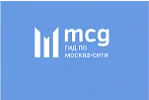
 Advertising on the portal
Advertising on the portal

